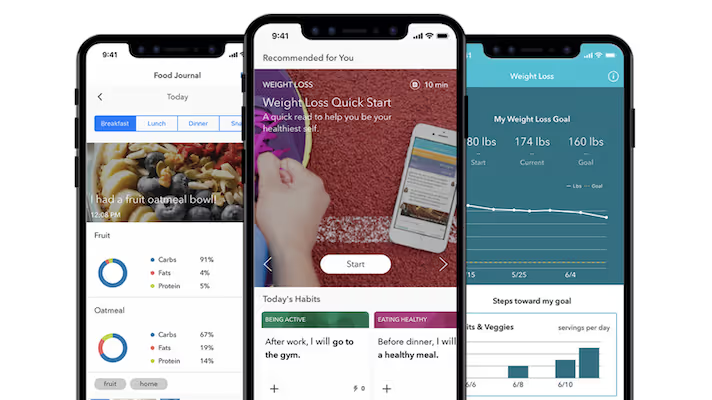Listen now
Management teams accustomed to annual planning and adoption cycles are now being forced to iterate in weeks’ time or risk losing large blocks of customers who are shifting from physical to online channels, literally overnight. COVID has accelerated the digitization of customer interactions by as much as three years.
Nowhere has this trend been more pronounced than in healthcare services. Telemedicine and digital health solutions – perpetually on the cusp of widespread adoption for the past ten years – have exploded, with healthcare service providers reporting 50-175x increases over just a few short months. The “genie is out of the bottle”: patients and providers have experienced the many benefits of virtual care offerings and the response is so positive that experts have concluded that this shift in preference for online options will continue even as in-person options are more fully available post-COVID. Analysts expect that $250 Billion dollars in U.S. healthcare service spending will shift to digital over the current decade.
Our portfolio company Vida Health competes in the $1B telehealth services market with an easy-to-use mobile app that was designed from the ground up to treat multiple chronic health conditions simultaneously. Vida is a licensed medical provider in all 50 states and its platform offers patients and employees 1:1 care, with real-life health coaches and therapists bringing the empathy and accountability people need to reach their goals. Given the explosion in virtual care, it should come as no surprise that the company has more than tripled its revenue growth, quadrupled the size of its service network, and seen a 60x increase in therapy sessions over the course of the past year. The company just announced its $110M Series D funding round and is poised to continue on its 2020 trendline through 2021 and beyond.
However, it would be a mistake to think that Vida’s current success is just about “being in the right place at the right time”. Like many “overnight” successes, Vida’s ability to take advantage of market tailwinds was years in the making, the result of a founder’s big vision, perseverance during challenging times, and the backing of supportive investors.

According to Tilenius, some of the lessons learned during Vida’s successful rapid-scaling journey have universal application:
- Make sure you have product-market fit established before you pour on the gasoline. In Vida’s case, the market clearly confirmed that a fully integrated approach to mental and physical health was essential to affecting outcomes, especially for the very large percentage of the population with multiple chronic conditions.
- When you scale, don’t lose sight of the key drivers of success that got you to the launch point. Mental health and cognitive behavioral science are the key drivers to all the improved outcomes that Vida has been able to clinically demonstrate. It is challenging to grow quickly while still hiring the right people, reinforcing protocols, and staying on top of issues at the patient or employee level – unless you make it a company imperative.
- Invest in product, UI, service management, and platform architecture with the end scale in mind. It is much easier to tweak a solidly designed, scalable full stack than to re-architect a system in its entirety or suffer the service breaks or limitations that come with early underinvestment. This is especially true given the modularity of today’s modern API-based and third party-accessible full-stack solutions.
- Scaling revenues does NOT equal scaling the company. A company with expenses that rise in step with revenues will find it incredibly difficult to sustain growth, with a disproportionate amount of capital diverted away from product or new market investment.
- Efficiency in the business is much more than just saved OPEX. Efficiency drives improved margins and more commercial flexibility. Efficiency also tends to simplify operations and reduce the number of things that can break or fail.
There is no guaranteed path to rapid growth. Markets are fickle. Timing is uncertain. Opportunities can arise suddenly and without warning. But by building a company with the end clearly in mind, it is possible to be able to take advantage of growth opportunities in exceptional times. As Louis Pasteur once said: “Chance favors the prepared mind.” The prepared company, too.
Congratulations to the Vida team on this fantastic milestone!

.svg)






.svg)







